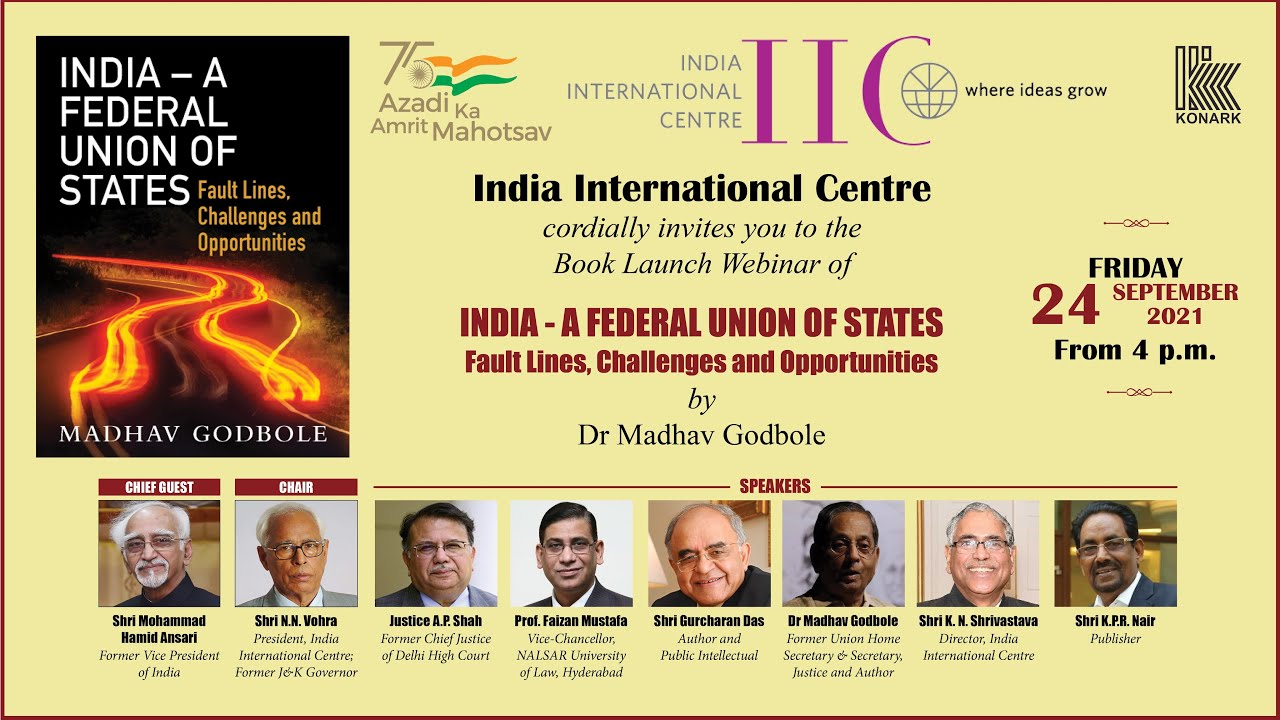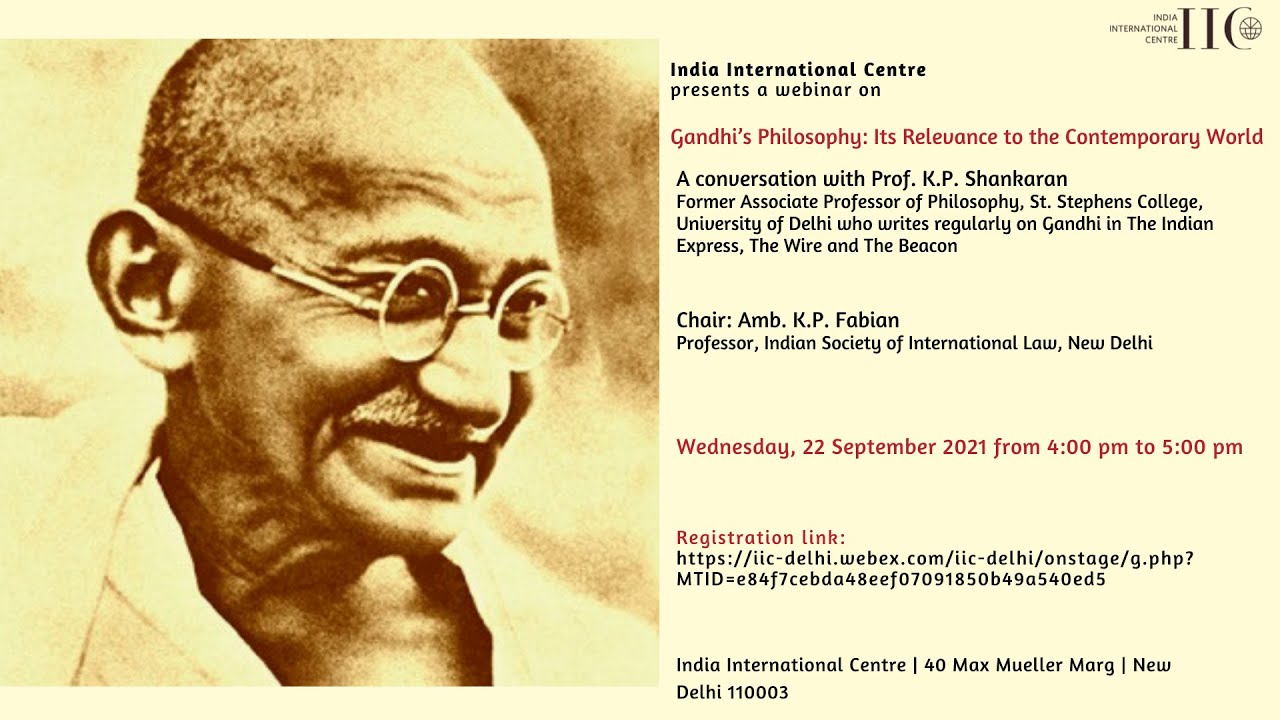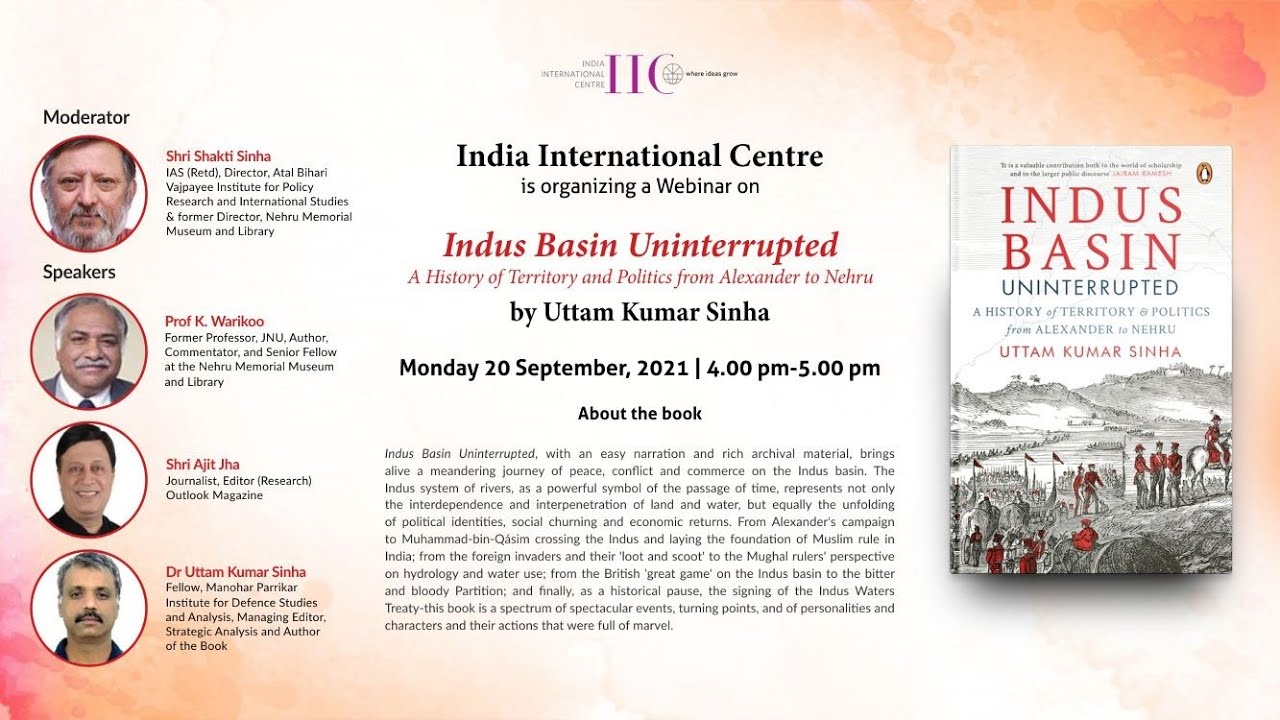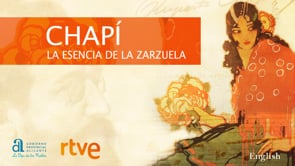IIC DOUBLE BILL MUSIC AND DANCE RECITALS
PHYSICAL PROGRAMME
Hindustani Vocal Recital
By Rita Dev from Delhi, disciple of Guru Dr. Girija Devi
Followed by
Kathak Recital
By Sangita Chatterjee from Delhi, disciple of Smt Vaswati Misra
Kindly please make a note
- Physical programmes will be held as per the Covid -19 guidelines with 50% seating capacity in the Conference Room I and C.D. Deshmukh Auditorium.
- Wearing of face masks is mandatory and will be strictly enforced. Entry will not be permitted to anyone not wearing a mask
- Audiences are requested to arrive at the venues, at least 30 minutes prior to the programmes in order to facilitate the screening process at the Door
- There will be separate doors earmarked for Entry and Exit
We request audiences to kindly abide by the above regulations














